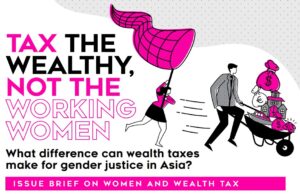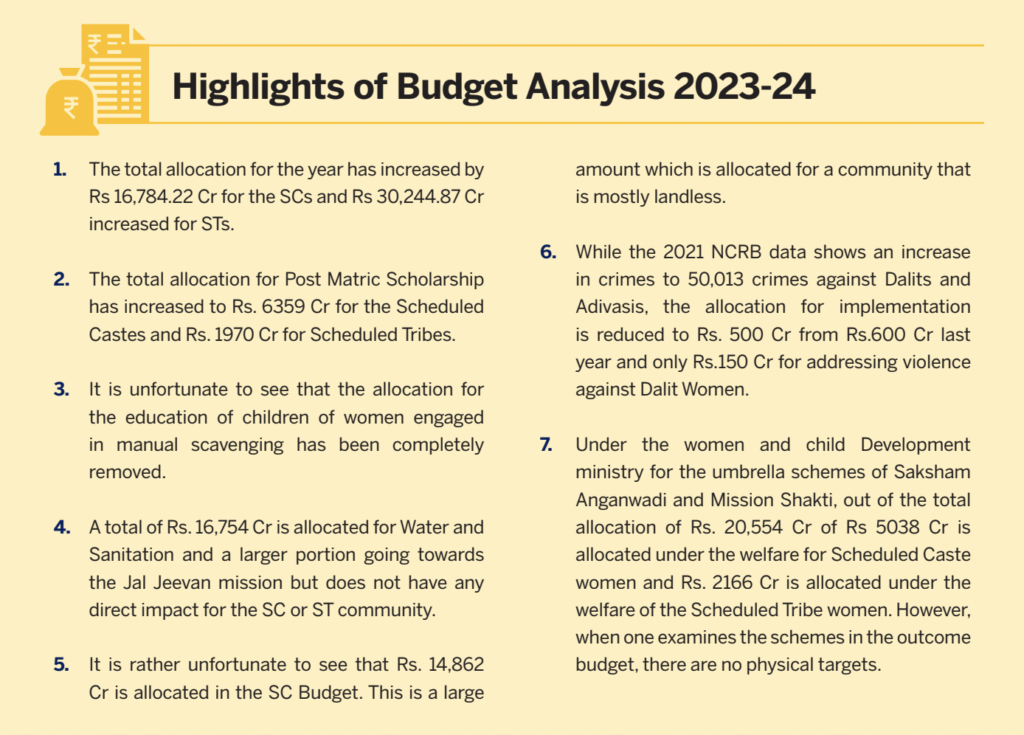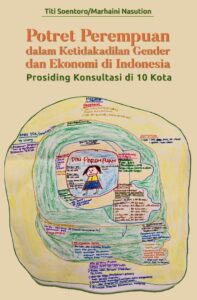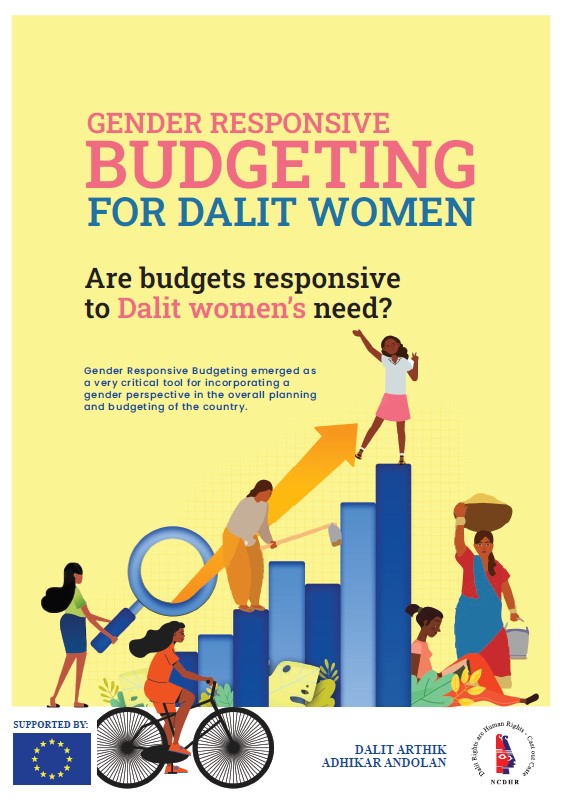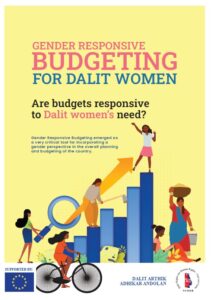On 20 January 2023, the Asian Peoples’ Movement on Debt and Development and its members participated in the Global Protest to Fight Inequality, an annual event initiated by the Fight Inequality Alliance.
APMDD members in India, Pakistan, Philippines and other parts of Asia staged actions and other activities to draw attention to the impacts of tax and other policies on inequalities everywhere, reiterate the call to “tax the rich,” and to amplify civil society demands for solutions to the multiple crises and policy reforms towards ending inequalities and building a genuine people’s recovery.
The protest featured initiatives by grassroots organisations – including street vendors and hawkers in India, farmers and fisherfolk in Pakistan, street vendors, agricultural workers, women in the informal economy and other sectors in the Philippines – are the results of capacity building, networking and strategising activities conducted in 2021 and 2022, including awareness-raising on wealth tax advocacy.
Click here to learn about the Global Protest to Fight Inequality 2022


